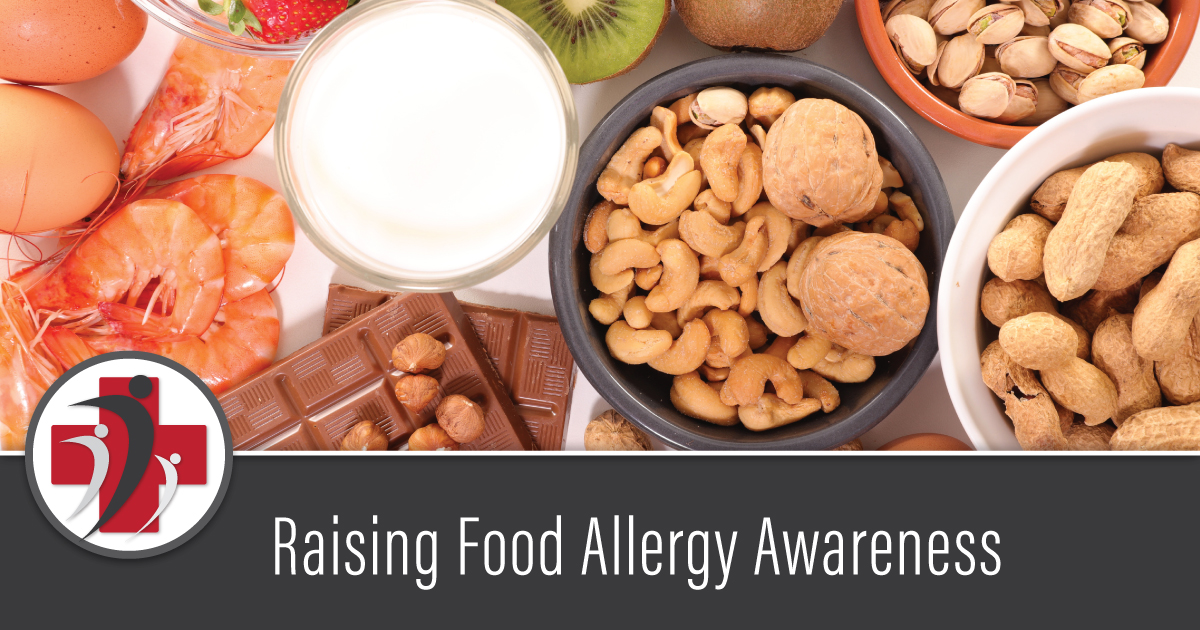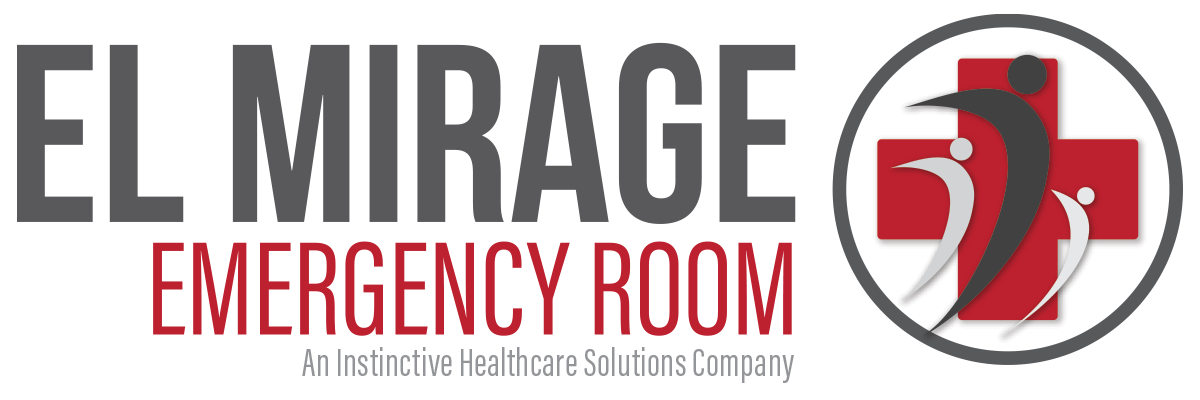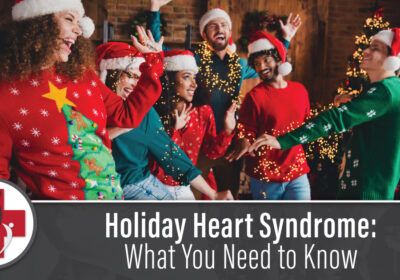Raising Food Allergy Awareness

If you or your loved one don’t live with a food allergy, it can be difficult to appreciate how challenging life can become when faced with eating at restaurants, being in close proximity to others eating, and even grocery shopping. And while food allergies used to be relatively rare, today they are much more prevalent. In the United States, it’s estimated that 6% of adults and 8% of children have food allergies, which is about 1 in 16 adults, and 1 in 13 children.
Researchers can point to a several different theories as to why food allergies are more prevalent today than in previous decades. A few of the most popular ones include:
- Lack of sun exposure causing low vitamin D levels, thanks to more time spent indoors interacting with technology, and less time outside
- Children living a “cleaner” existence with frequent hand sanitizer use, lesser interactions with animals, and generally fewer interactions with neighboring families
- Misguided advice from several years ago suggesting that parents delay introducing allergenic foods to their children. Unfortunately, this advice resulted in a larger than average number of children living with food allergies
- There appears to be a genetic component to this phenomenon, as parents with food allergies are more likely to have kids with allergies
Regardless of the reason for the increase food allergy prevalence today, when you experience or witness an allergy attack it’s very frightening. And it can be easy to slip into “panic mode” and not know what to do or how to respond.
To help, we put together some tips for how you can determine whether the food allergy incident you’re experiencing or witnessing warrants a trip to the El Mirage Emergency Room.
You should definitely bring yourself or your loved one to the ER if experiencing:
- Swelling of the lips, tongue, or throat — These symptoms can quickly escalate to blocked airways.
- Difficulty breathing — This can feel like throat tightness, wheezing, or shortness of breath.
- Symptoms of anaphylaxis — This severe and potentially life-threatening allergic reaction can manifest in a variety of ways. Some signs of anaphylaxis include dizziness or lightheadedness, a tightening of the airways, rapid pulse rate, a severe drop in blood pressure, and feeling lie you have a lump in your throat making it difficult to breathe.
- Worsening of symptoms — If any of the above symptoms were mild, leading you to not go to the El Mirage Emergency Room, pay attention to whether the symptoms are getting worse over time.
At El Mirage Emergency Room, our team of top-rated medical staff can quickly diagnose and treat food-related allergies, or any other urgent medical need. Along with emergency medical care, we offer information and support for your diagnoses. Our goal is your health and safety, and we’re here to support the El Mirage community 24 hours per day, 7 days per week.



